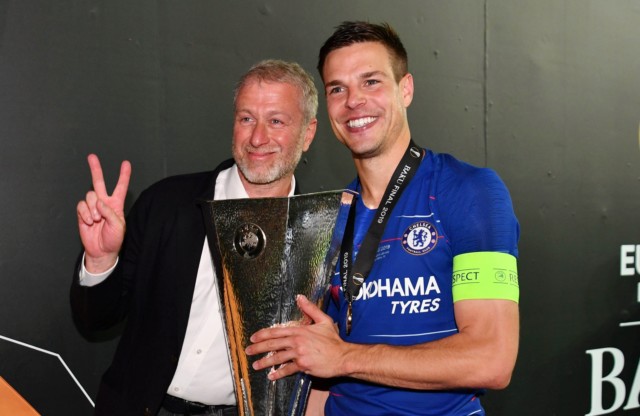ROMAN ABRAMOVICH wants to shield Chelsea and its community from the worst ravages of the virus, says his right-hand man.
And in a rare interview, club director Eugene Tenenbaum revealed why the billionaire bought the Blues in the first place.
Abramovich moved swiftly to open the doors of his hotel in the grounds of Stamford Bridge for use by NHS staff in the early stages of the outbreak.
He is also allowing the kitchens at the 42,000-capacity ground to be used to prepare meals for health workers.
And two club doctors have switched to work for the nearby Chelsea and Westminster Hospital.
Tenenbaum, 56, explained: “In such a trying time, he did not want extra stress around the club and community.”
Abramovich is yet to agree a pay-cut deal with his players but all staff are still being paid in full and none have been furloughed.
The Russian took over Chelsea in 2003 after making his fortune in gas supply.
Tenenbaum believes the fast-paced nature of sport compared to the long-term structure of the energy industry is what attracted the tycoon to the Premier League.
He said: “In business, it’s in some ways easier.

“You set a plan, you execute the plan and you change the plan as the environment changes. And it takes a while.
“In football, the exciting thing is that you set the plan, you execute the plan and then every week you have a validation or not of whether your plan is correct.
“He likes to figure things out. I think the reason why he loves football is that it’s not a formula.
“I think people find it exhilarating because you can’t control it. There are so many factors.
“There are 11 players on the pitch. But there’s the coach, who is critical.

“There’s the support staff, who are critical. There’s the facilities and the fans.
“In a business environment, you have sales figures, results.
“But in football, every week you have a validation or not of what your strategy is and that’s exciting.”

